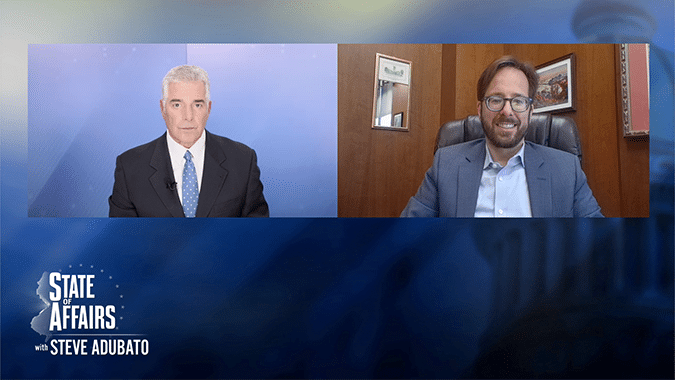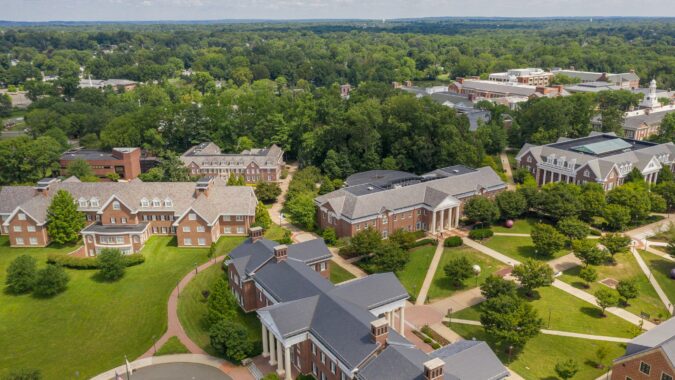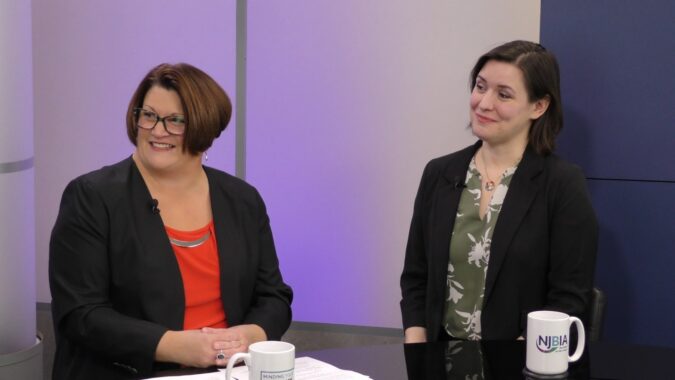The New Jersey Public Charter Schools Association (NJPCSA) is seeking legislative support for a bill that would ensure that public charter and renaissance schools in the state’s poorest districts are no longer denied state funding for school construction projects.
Currently, public charter and renaissance schools do not receive state funding for their school buildings even though these tuition-free, open-enrollment, non-profit public schools serve nearly 1 in every 5 public school students in the state’s 31 poorest communities. The NJPCSA seeks to raise awareness about this inequity through its #SameKidsSameNeeds campaign.
Since April, thousands of community members have sent more than 466,000 email messages to Gov. Phil Murphy and the Legislature in support of bill A-4496/S-3247, which creates a framework for future school construction projects, including district, charter, and renaissance schools. For the first time, the bill would make public charter and renaissance schools eligible to receive state support for facilities projects.
Harry Lee, president and CEO of NJPCSA, said the public awareness campaign is about ensuring fairness and equity for all public school students.
“Students who attend public charter and renaissance schools are the same as those who attend district schools: they are friends, neighbors and, in many cases, siblings,” said Lee said. “Every public school student deserves to learn in a safe, healthy and secure school building.”
NJBIA supports the legislation, which is sponsored by Assembly Speaker Craig Coughlin (D-19) and Senator Andrew Zwicker (D-16).
“We are pleased to support this legislation addressing school construction,” NJBIA Vice President of Government Affairs Althea D. Ford said. “Investing in school construction compounds the benefits of infrastructure and workforce development, two pro-growth spending areas.
“Additionally, charter schools and renaissance schools are a critical part of our state's education infrastructure and investing in their facilities strengthens the State's ability to offer a broad array of choice to students and parents so that they can determine how to best prepare for career and college,” Ford said.
NJPCSA’s #SameKidsSameNeeds campaign features social media ads highlighting voices of charter school leaders, teachers, and parents in Paterson, Newark and Jersey City, calling on lawmakers to equitably fund school buildings for all public-school students.
According to a recent survey, across charter and renaissance schools, there is over $900 million in unmet health and safety facility needs over the next decade. Facility needs include a range of projects from boiler and air system upgrades to new facilities to address overcrowding.
“An overwhelming majority of students attending public charter schools in New Jersey reside in low-income communities that have immense educational challenges and yet charter school students are thriving, in large part, because of the support they receive from their school,” said T.J. Best, NJPCSA senior adviser. “We need to look beyond school labels and recognize these are all of our kids and support parents' choices by ensuring every public-school building creates an ideal environment for learning.”
The campaign calls attention to the makeup of students who attend charter schools, including:
- 90% of New Jersey’s public charter school students attend schools in Schools Development Authority (SDA) districts (New Jersey’s 31 poorest school districts).
- 91% of public charter school students in SDA districts are students of color.
- 77% of public charter students in SDA districts qualify for free or reduced-price lunch.
“Just like our district peers, public charter schools like Link Community Charter School need to upgrade facilities, improve accessibility and create space in old school buildings,” said Maria Paradiso, Head of School at Link Community Charter School in Newark. “But unlike district schools, we do not have access to state funding, forcing us to pull dollars away from students in the classroom. I hope this campaign cuts through the noise and misinformation and shows the public that charter schools do, in fact, serve the same kids with the same needs.”




